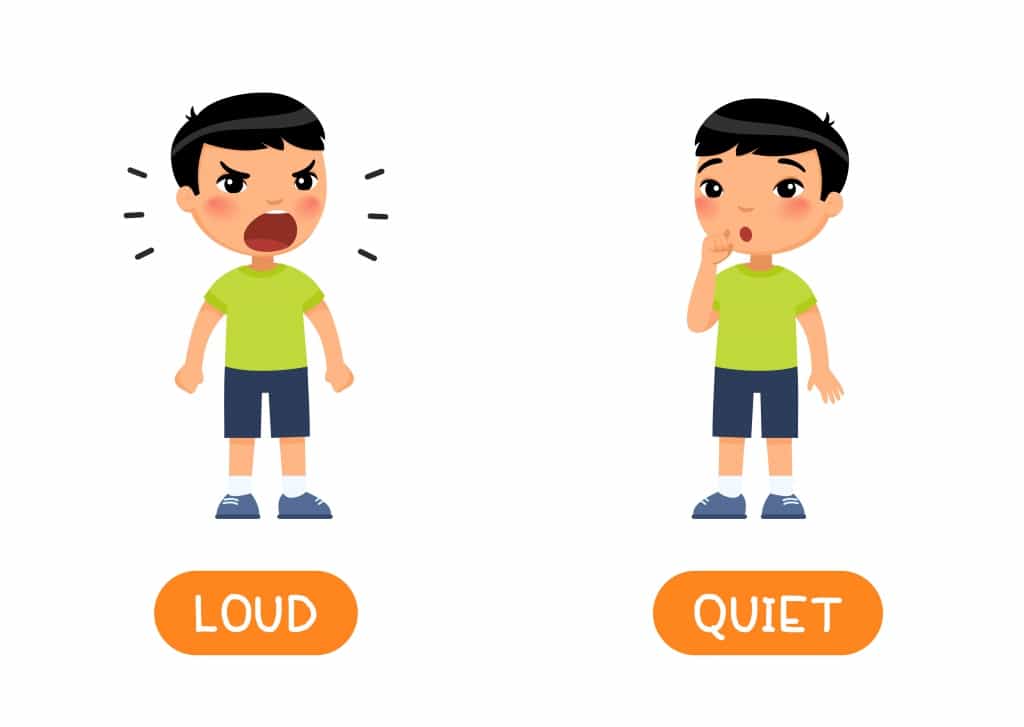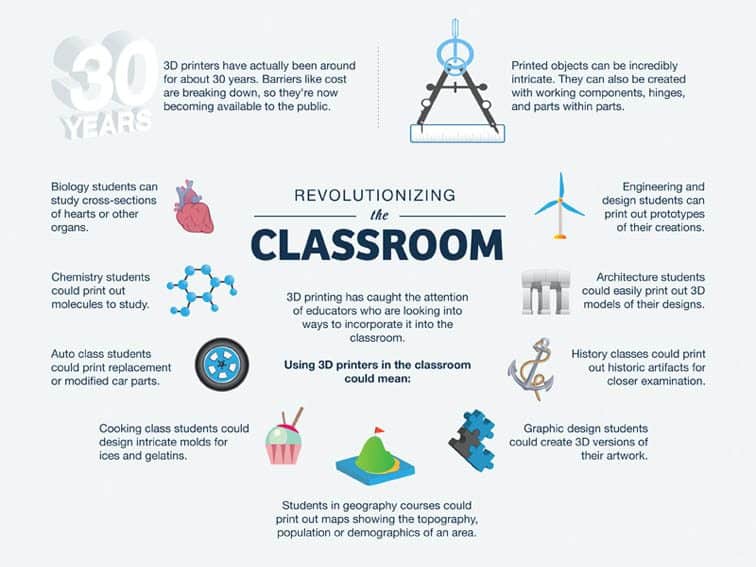Whether you're just a new teach or a 10-year-exp-master-degree teacher, teaching still feels like it's the first day as you try to grasp those energy fun balls together in a desperate attempt to stuff at least 10% of the lesson content in their heads.
But it's honestly fine!
Join us as we discuss classroom management skills and strategies for a teacher to succinct and kickstart the year. Once you put these ideas into practice, you'll start to feel more in control of your classroom.
- Why is Classroom Management Important?
- How to Make a Noisy Classroom Quiet
- How to Build Classroom Management Strategies
- Final Thoughts on Classroom Management Skills
Why is Classroom Management Important?

Classrooms are an indispensable element in schools in particular and education in general. Therefore, effective classroom management will directly affect the quality of education, including ensuring the quality of teaching and learning environment. If this condition is good, the teaching-learning process will also be improved.
Accordingly, classroom management skills aim to create the best method to build a positive class where all students are aware of their abilities, fulfil their roles, and, together with teachers, create a positive learning atmosphere.
More Classroom Management Tips

Start in seconds.
Get free education templates to improve your classroom management skills. Sign up for free and take what you want from the template library!
🚀 Get Free Templates☁️
How to Make a Noisy Classroom Quiet
Why is it important to be quiet in class?
- Students can improve their ability to discipline and focus: Listening and understanding are essential parts of the interactive learning process. But a noisy classroom can make these tasks extremely difficult. Students need to understand they have to be quiet when the teacher is talking because it will teach them discipline that will stay with them throughout their lives and help them achieve their goals.

- Students and teachers are encouraged to communicate better: Students will learn better in silence because they can be more participative and attentively listen to the teacher or other students speaking on a particular topic. It will help both the teacher and student to be more productive, stay calm, maintain decorum and learn effectively as compared to a noisy classroom where everyone speaks simultaneously.
But first, you must determine the causes of noise in the classroom. Does it come from outside the building, such as cars and lawnmowers, or sounds from inside the building, such as students talking in the hallway?
When sounds only from inside the classroom by students, here are the solutions for you:
- Set the rules right from the start
Many teachers often make mistakes by starting a new school year with a loose plan for the rules. It makes students quickly grasp the situations in each lesson and realize what they will be allowed and what errors are taking no notice of.
Once teachers ignore disturbances or classroom rules that are not strong enough to correct and quell mischief, it is difficult to initiate or continue to lead the class better. Therefore, from the beginning, teachers must set clear rules and adhere to them.
- Create innovative teaching methods
Many teachers are trying to keep noise away by letting their students get more involved in learning by finding different approaches to teaching them. These 15 innovative teaching methods will make your lessons more enjoyable and appealing for everyone. Check them out!

- Three steps to politely end the noise
Use three steps to express what you would like to say to a student who violates discipline:
1. Talk about students' mistakes: While I was teaching, you talked
2. Talk about the consequences of their actions: so I have to stop
3. Talk about how you feel: That makes me feel sad
These actions will make students understand how their actions affect others. And get them to self-regulate their behaviour later on. Or you can ask students why not listen to the lectures to find the best method for both.
You can find out How To Quiet A Noisy Class - Classroom Management Skills right away here:
How to Build Classroom Management Strategies
A. Fun classroom management strategies
- There is never a "dead" time
If you want the class to be orderly, never give students time to talk and work alone, which means the teacher must cover well. For example, during literature class, when students are talking, the teacher can ask those students about the content of the old lesson. Asking questions related to the lesson students will brainstorm, and there will be no more time to talk.

- Intervene humbly
A good teacher must try hard not to make one student the focus of attention. Teachers can walk around the classroom, anticipating what might happen before it happens. Treat undisciplined students naturally, without distracting other students.
For example, during the lecture, the teacher should use the "recalling the name method" If you see someone talking or doing something else, you should naturally mention their name in the lesson: “Alex, do you find this result interesting?
Suddenly Alex hears his teacher call his name. He definitely will return to seriousness without the whole class noticing.
B. Attention strategies in the classroom
Classroom management skills require teachers to bring surprising and fascinating lessons to students.
Here are some ways to keep students from getting distracted from your lectures:
- Start the school day with fun and delight
Students love to participate in classes with lovely teachers and engaging teaching methods. Therefore, try to start your day with joy and raise the spirit of learning for your students, which will make students more interested in class.
- Do not start if you are unnoticed
Before you start your lessons, you have to confirm that the students in the class pay attention to what you teach. Do not try to teach when students are noisy and inattentive. Inexperienced teachers sometimes think the classroom will be quiet once the lesson begins. Sometimes this works, but students may think you accept their disinterest and allow them to talk as you teach.
The attention method of Classroom Management Skills means you will wait and not start until everyone is still. Teachers will stand still after the class has been silent for 3 to 5 seconds before speaking in a barely audible voice. (A teacher with a soft voice usually quiets the classroom more than a teacher who speaks loudly)

- Positive discipline
Use rules that describe the good behavior you want your students to learn, not list things they should not do.
- "Please walk in the room gently" instead of "Do not run in the class"
- "Let's solve the problems together" instead of "No fighting"
- “Please leave your gum at home” instead of “Do not chew gum”
Talk about the rules as things you want them to do. Let students know that these are what you expect them to keep in the classroom.
Do not hesitate to praise. When you see a person with good conduct, recognize it immediately. No words are needed; just a smile or a gesture can encourage them.
- Keep great faith in your students
Always believe that students are obedient children. Reinforce that belief through the way you talk to your students. As you start a new school day, tell students what you want. For example, "I believe you are good students and love to learn. You understand why you should follow the rules and should not lose focus in the lecture"
- Let the whole class compete with the teacher
"If the class is disorderly, the teacher will get points, and vice versa; if the class is great, the class will get points."
Sometimes it is possible to point out who is disorderly and deduct points for the whole team because of that person. Pressure from the class will make individuals will listen. It helps each individual not to make noise and to enhance the sense of responsibility not to let the class/team be affected by them.

Final Thoughts on Classroom Management Skills from AhaSlides
Effective classroom management really does take practice, but we hope these strategies have given you a helpful starting point. Remember to be patient with yourself and your students as you all learn and grow together. Cultivating a positive learning environment takes continuous effort, but it gets easier over time. And when you see the results of engaged, well-behaved students who are thriving academically, it makes all that work worthwhile.








